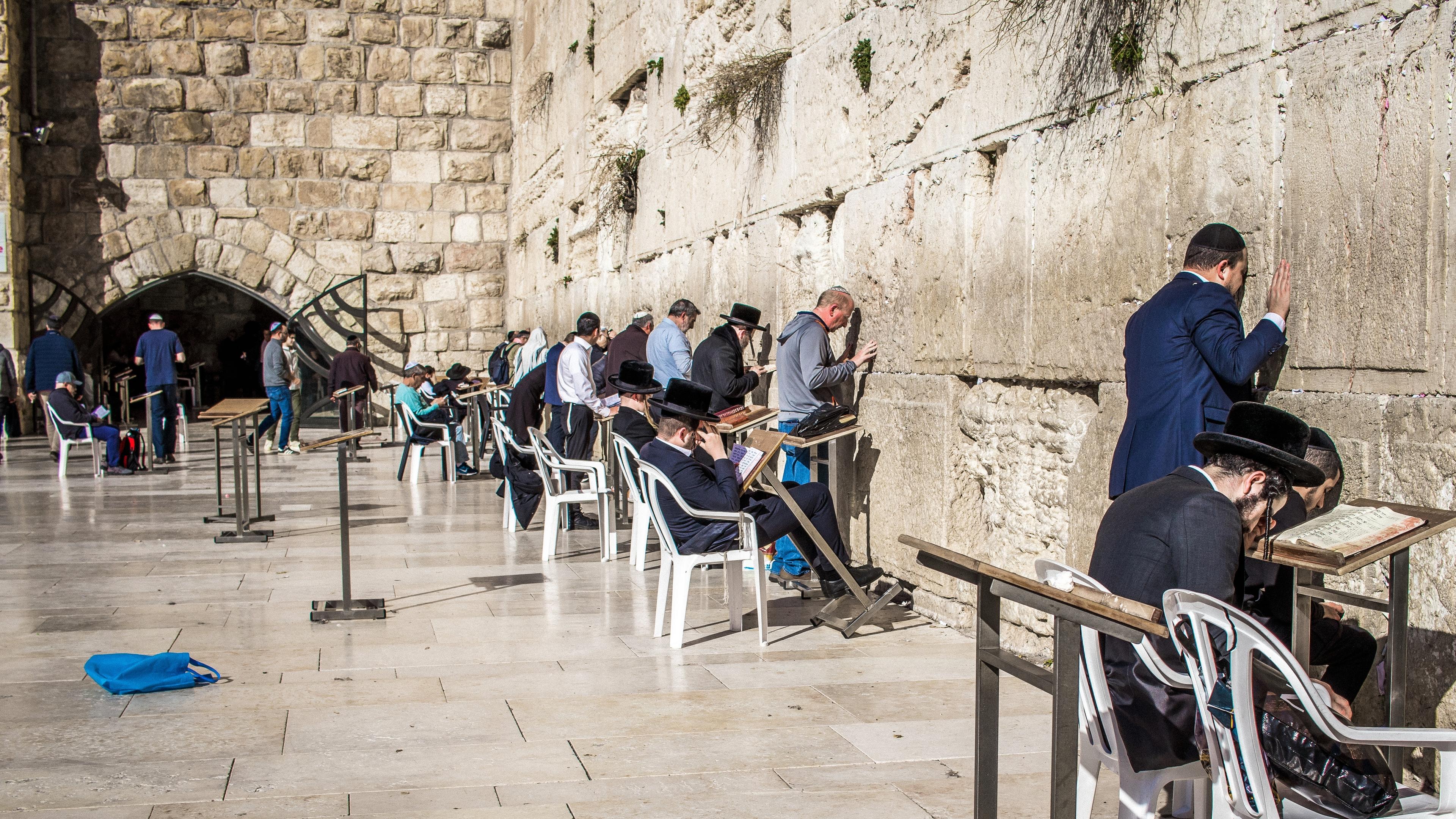Tisha B'Av, Lamentations, October 7
Rabbis Incorporate October 7 into Tisha B'Av Lamentations
Prominent religious Zionist Rabbi David Stav discusses how recent events will make this year's kinot more relevant.

“How did Be’eri/ turn into my tomb
The day of my light/ to the day of my gloom
Its songs silenced/ trampled fruit and leaf
My eyes well with tears/ from the depth of my grief.”
– A Lament for Be’eri, Yigal Harush, translation by Sara Daniel
On Monday evening, Jews around the world will come together to recite Megillat Eichah, the Book of Lamentations, which mourns the destruction of the First Temple in Jerusalem, and Kinot, additional lamentations covering the destruction of the Second Temple, the Crusades, and other historical tragedies.
This year, some congregations in both Israel and the Diaspora will be introduced to new texts that address more recent, tragic events from October 7, which is considered the most devastating massacre of Jewish people since the Holocaust.
Tzohar, a leading Modern Orthodox rabbinical organization in Israel, has released a companion text in both Hebrew and English to help congregations whose members are grappling with the emotional weight of combining the ancient destruction of the Temple with the recent horrors of October 7.
The new text includes a kinah, or lamentation, written by Israeli musician and poet Yagel Haroush. This kinah specifically addresses the horrors experienced at Be’eri, a Gaza border kibbutz where Hamas terrorists murdered and kidnapped residents and destroyed their homes. Tzohar’s booklet also features new readings and commentary on the traditional kinot, incorporating reflections on the October 7 attacks.
One of the key updates is a fresh interpretation of the 36th lamentation, which includes the line: “Zion, do you not ask how your captives are/ who seek your good, this remnant of your flock?” Originally written in the 11th century by Rabbi Yehuda Halevi, this verse now resonates with renewed significance given the current situation.
According to Tzohar’s “Kinot Companion,” the poem’s themes reflect the ongoing reality of having hostages in Hamas’s custody, with 115 individuals still being held. The modern application of these ancient lamentations underscores the continuity of suffering and the enduring impact of recent events on traditional observances.
* The Jewish Insider contributed to this article.